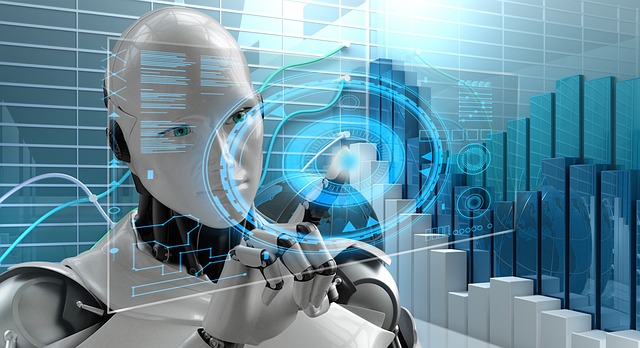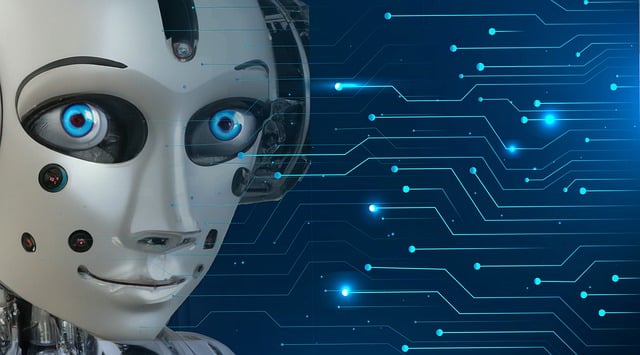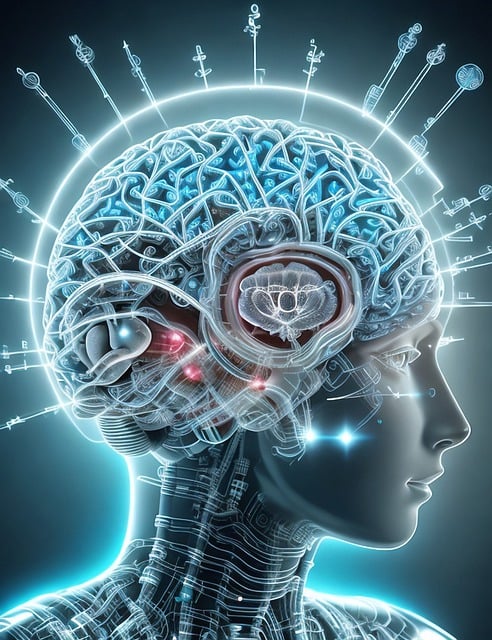Artificial Intelligence (AI) is revolutionizing the way we live, work, and interact with technology. This article explores the profound impact of AI across various industries, its underlying technologies, ethical considerations, and future trends.
Introduction to Artificial Intelligence
Artificial Intelligence refers to the simulation of human intelligence in machines that are programmed to think and learn like humans. AI encompasses a wide range of technologies and applications aimed at performing tasks that typically require human intelligence, such as visual perception, speech recognition, decision-making, and language translation.
Applications of Artificial Intelligence
- Natural Language Processing (NLP): AI-powered systems analyze, understand, and generate human language, enabling applications like chatbots, virtual assistants (e.g., Siri, Alexa), and language translation services.
- Computer Vision: AI algorithms process and interpret visual information from images or videos, used in facial recognition, object detection, autonomous vehicles, medical diagnostics, and surveillance systems.
- Machine Learning: Subset of AI where algorithms learn from data and improve over time without explicit programming. Applications include recommendation systems, predictive analytics, fraud detection, and personalized medicine.
- Robotics: AI enables robots to perform tasks autonomously or semi-autonomously in various industries such as manufacturing, healthcare (e.g., surgery), agriculture, and logistics (e.g., warehouse automation).

Impact of AI Across Industries
- Healthcare: AI enhances diagnosis accuracy, personalized treatment plans, drug discovery, and patient monitoring, improving healthcare outcomes and operational efficiency.
- Finance: AI algorithms analyze financial data for fraud detection, risk assessment, algorithmic trading, and customer service through chatbots and virtual assistants.
- Transportation: Autonomous vehicles powered by AI promise safer and more efficient transportation, reducing accidents and traffic congestion.
- Retail: AI-driven personalized recommendations, inventory management, supply chain optimization, and customer service automation enhance the retail experience and operational efficiency.
Ethical Considerations and Challenges
- Bias and Fairness: AI systems can perpetuate biases present in training data, leading to unfair or discriminatory outcomes. Addressing bias requires diverse and representative datasets and transparent AI algorithms.
- Privacy: AI systems often collect and analyze large amounts of personal data, raising concerns about data privacy, security breaches, and consent for data use.
- Job Displacement: Automation driven by AI may lead to job displacement in certain sectors, necessitating reskilling and upskilling of the workforce for jobs requiring human creativity and emotional intelligence.

Future Trends in Artificial Intelligence
- Explainable AI: Increasing demand for AI systems that can explain their decisions and actions in a transparent and understandable manner.
- AI in Edge Computing: AI algorithms running on edge devices (e.g., smartphones, IoT devices) for real-time data processing and decision-making without relying on cloud servers.
- AI Ethics and Governance: Development of regulations, standards, and guidelines to ensure ethical use of AI, protect privacy, and mitigate societal impacts.

Conclusion
Artificial Intelligence is reshaping industries, driving innovation, and transforming the way humans interact with technology. While AI offers tremendous opportunities for efficiency, productivity, and problem-solving, it also presents ethical challenges and requires careful consideration of its societal impact. Embracing AI responsibly involves fostering collaboration between technologists, policymakers, and stakeholders to ensure AI technologies benefit society as a whole.
References
- Russell, S. J., & Norvig, P. (2021). Artificial Intelligence: A Modern Approach (4th ed.). Pearson.
- McKinsey Global Institute. (2019). Notes from the AI Frontier: Modeling the Impact of AI on the World Economy. Retrieved from https://www.mckinsey.com/
